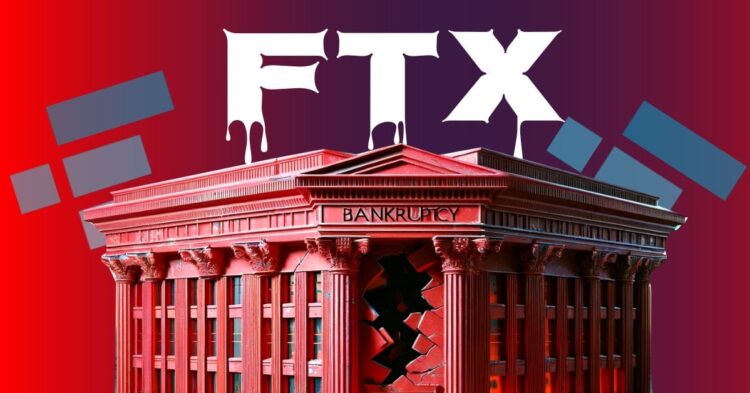In a significant development, prosecutors have lauded Nishad Singh, a former executive at FTX, for his pivotal assistance in unraveling the intricate details behind the collapse of the cryptocurrency exchange. Singh has been acknowledged for his sincere remorse and cooperative stance with the investigative authorities. Despite his admission of guilt to multiple charges, Singh faces the possibility of imprisonment, with his sentencing scheduled for October 30.
Key Contributions to the Investigation
Nishad Singh’s involvement has been instrumental in exposing the misuse of customer funds at FTX. As a crucial witness, he uniquely illuminated the transactions orchestrated by Sam Bankman-Fried that entailed illicitly obtained money. Furthermore, Singh uncovered a substantial campaign finance scheme implicating Bankman-Fried and Ryan Salame, alongside significant insights into financial manipulations at FTX that might have otherwise remained concealed without his valuable input.
Nishad Singh on the Stand
In February 2023, Singh pleaded guilty to six criminal charges, including fraud and conspiracy, and now awaits sentencing later this month. His defense team has urged the court to take into account his cooperative efforts and his limited role within FTX when determining his sentence. They described him as an “uncommonly selfless individual” driven by a genuine desire to aid the investigation.
Simultaneously awaiting his sentence is former FTX CTO Gary Wang. In related legal proceedings, Sam Bankman-Fried was handed a 25-year prison sentence in March for fraud, whereas Caroline Ellison, the former CEO of Alameda Research, received a two-year sentence last month. Ryan Salame, CEO of FTX Digital Markets, is currently serving a 7.5-year sentence for money transmission and election fraud.
Implications for Future Fraud Cases
This high-profile case is drawing significant attention as it sets a crucial precedent for future fraud investigations. The outcomes and judicial decisions in this case are anticipated to serve as a benchmark for handling similar cases in the future, highlighting the importance of cooperation and transparency in legal proceedings.
The unfolding details of this case underscore the complexities of financial fraud in the rapidly evolving cryptocurrency landscape. As the legal processes advance, they provide a critical learning opportunity for regulatory bodies and market participants alike, emphasizing the need for robust oversight and stringent compliance measures to safeguard market integrity.
With the spotlight on Singh’s sentencing, the legal community and industry observers keenly await the final verdict. The implications of this case extend beyond individual accountability, shedding light on broader issues of governance and ethical practices within the cryptocurrency sector.











